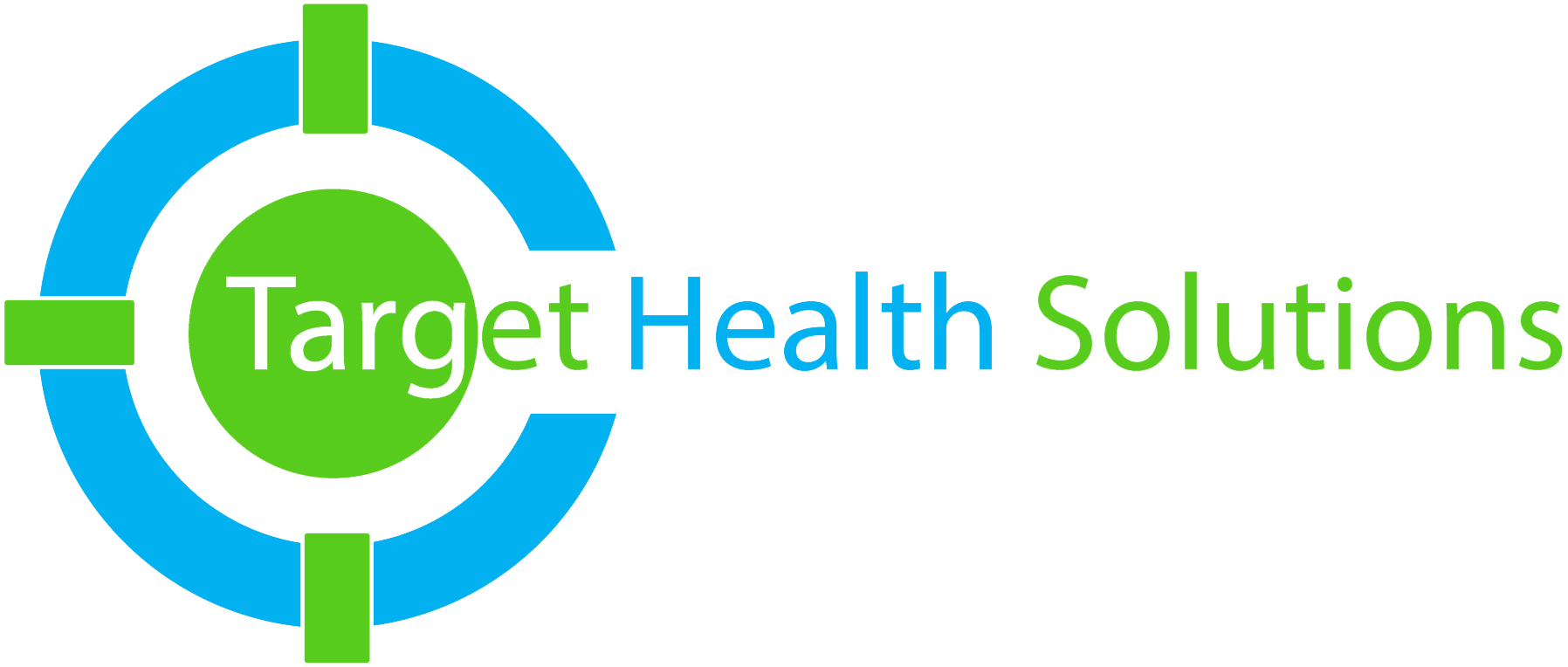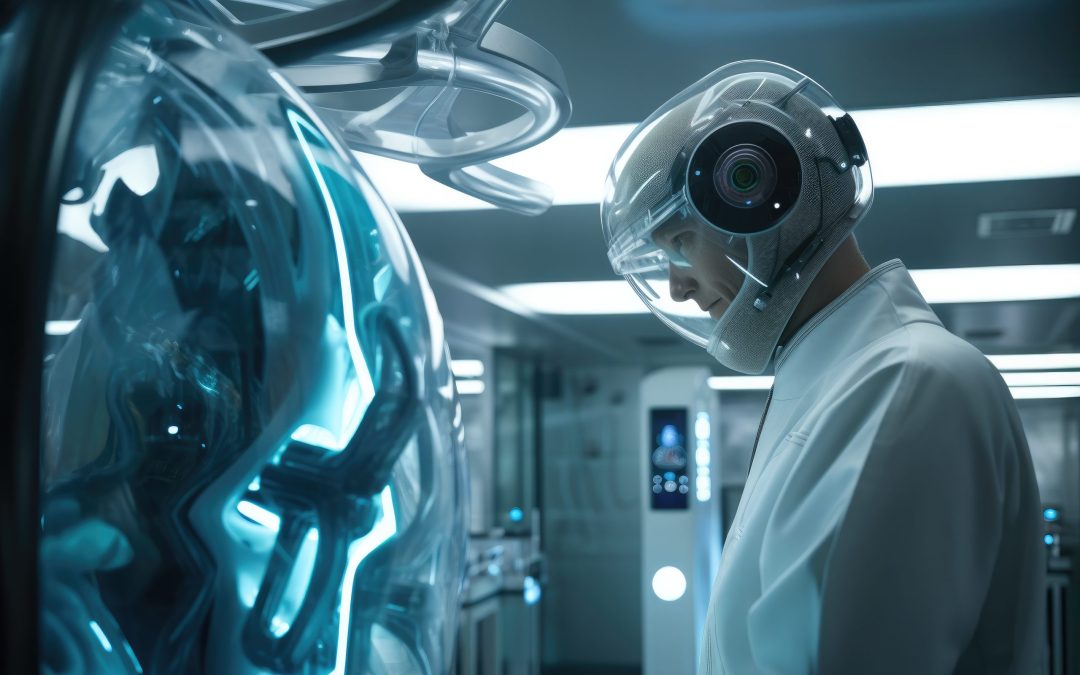In recent years, artificial intelligence (AI) has made significant inroads into various sectors, including healthcare. GP surgeries in the UK are increasingly adopting AI technologies to enhance patient care, streamline operations, and improve overall efficiency. Here are five ways AI is transforming GP surgeries:
1. Enhancing Diagnostic Accuracy
AI-powered diagnostic tools are revolutionising the way GPs diagnose illnesses. These tools can analyse vast amounts of medical data, including patient history, symptoms, and test results, to assist doctors in making more accurate diagnoses. For example, AI algorithms can detect patterns in medical imaging that might be missed by the human eye, leading to earlier detection of conditions such as cancer. The implementation of AI in diagnostics not only improves accuracy but also speeds up the diagnostic process, allowing for quicker intervention and treatment.
2. Streamlining Administrative Tasks
Administrative tasks in GP surgeries can be time-consuming and prone to errors. AI can automate many of these tasks, such as scheduling appointments, managing patient records, and processing insurance claims. Virtual assistants powered by AI can handle routine enquiries and appointment bookings, freeing up staff to focus on more complex tasks. This not only increases efficiency but also reduces the administrative burden on healthcare professionals, allowing them to dedicate more time to patient care.
3. Personalising Patient Care
AI can analyse patient data to provide personalised treatment plans. By evaluating individual health records, lifestyle factors, and genetic information, AI can help GPs develop tailored healthcare strategies for each patient. For instance, AI can identify patients at high risk of developing chronic conditions such as diabetes or heart disease and suggest preventive measures. This personalised approach ensures that patients receive care that is specifically suited to their needs, improving outcomes and enhancing patient satisfaction.
4. Optimising Resource Allocation
GP surgeries often face challenges in managing resources efficiently. AI can help optimise the allocation of resources, such as staff and medical equipment, by predicting patient demand and identifying trends. For example, AI can forecast the number of patients likely to visit the surgery on a given day and suggest appropriate staffing levels. This helps ensure that surgeries are adequately staffed, reducing wait times and improving the overall patient experience. Additionally, AI can assist in inventory management by predicting the usage of medical supplies and ensuring that stock levels are maintained.
5. Supporting Mental Health Services
Mental health is a critical aspect of overall well-being, and AI is playing a significant role in supporting mental health services in GP surgeries. AI-powered chatbots and virtual therapists can provide initial assessments and ongoing support for patients experiencing mental health issues. These tools can offer 24/7 assistance, allowing patients to access help when they need it most. Moreover, AI can analyse patient interactions and feedback to identify those at risk of mental health crises, enabling timely intervention by healthcare professionals. This proactive approach can significantly improve the quality of mental health care provided by GP surgeries.
Transforming the Landscape
The integration of AI in GP surgeries is transforming the landscape of primary healthcare in the UK. From enhancing diagnostic accuracy to optimising resource allocation, AI is helping GP surgeries operate more efficiently and provide higher-quality care to patients. As AI technology continues to evolve, its potential to further improve healthcare delivery and outcomes is immense. Embracing these advancements can lead to a more effective, patient-centred healthcare system.

